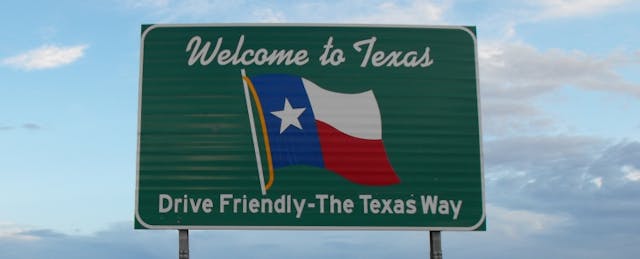One of Texas’ largest charter networks, Uplift Education--with 28 K-12 schools in the Dallas-Fort Worth metroplex that serve 9,600 students--will be making a big investment in blended learning. Thanks to a $360,000 grant from the Morris Foundation, Uplift will start blended learning pilots in two of its K-3 schools and another school serving grades 6-9.
Last year, the network began using digital curriculum like Reasoning Mind and ST Math in a few classes to test out the tools in a less formal way. Now, with this grant, Uplift will begin purchasing hardware and software licenses, and preparing their bandwidth infrastructure.
Here’s the plan according to Deborah Bigham, Uplift’s Chief Development Officer.
In the K-3 schools, Uplift Meridian Prep and Uplift Mighty Prep, students will go through two 90 minute blocks in both math and reading, rotating between three different stations every 30 minutes. Stations will include small group instruction with a teacher, computer-based instruction with adaptive software, and independent activities. Every class of 25 students will get 15 Chromebooks to support the stations. Administrators will give teachers a chance to vet digital curriculum like Reasoning Minds and ST Math to decide which they’d like to try out and pilot.
At Uplift Mighty Prep, which serves grades 6-8, learning will be more student driven by letting them choose their own learning activities online one whole day a week. In 9th grade, they plan on experimenting with giving students more time to lead their own learning through small group projects and frequent check-ins with teachers. To support the student-led learning, the schools are looking to learning management systems like Activate Instruction, Blackboard, and LoudCloud to organize content and make it accessible to students at anytime, so they can work through it at their own pace.
Bigham has high hopes that blended learning will help her students, many of whom come from low-income and minority households. On average, she says, students at Uplift schools enter three to four years behind grade level.
She cites other charter schools that run blended learning models as inspiration. After a visit to both Summit Public Schools and KIPP Empower in Los Angeles, the leaders at Unity were inspired. “We walked away really excited. We liked Summit, the way they were approaching 6-12 and we were really impressed with KIPP Empower and the tremendous scores they were able to yield with blended learning,” says Bigham.


